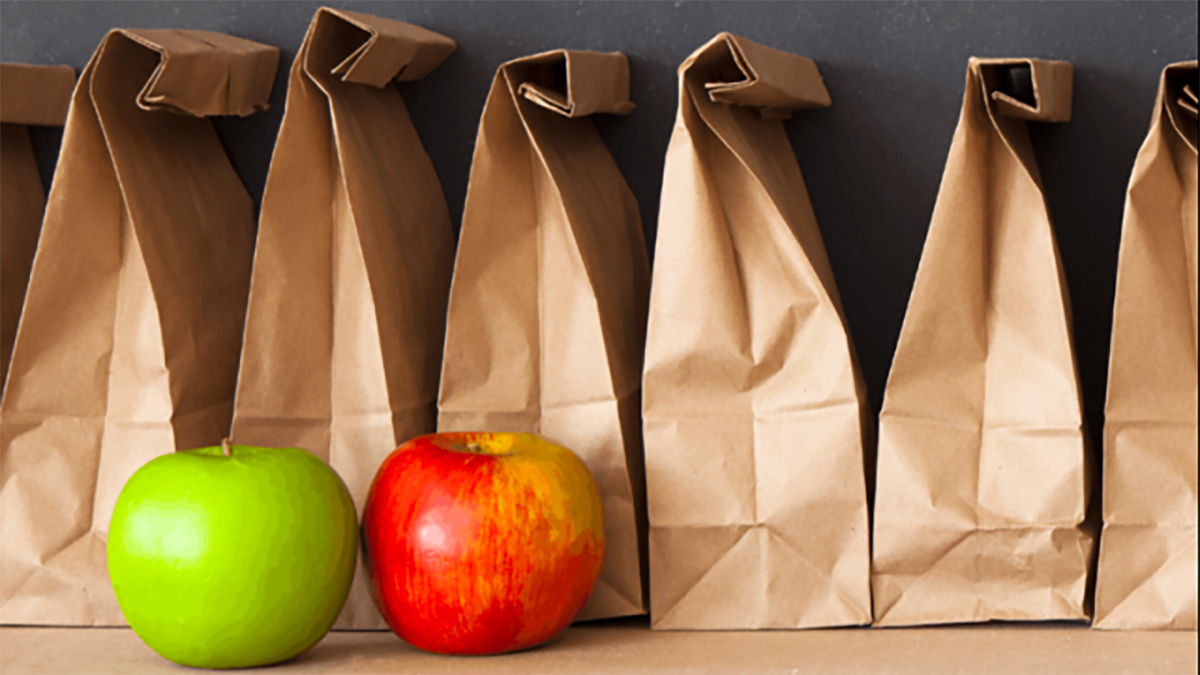Millions of meals: How Baylor is helping feed schoolchildren in need during COVID-19

Families who depend on school meals for their children uniquely feel the challenges presented by COVID-19. But, thanks to the Baylor Collaborative on Hunger and Poverty, a unique private-public partnership is ensuring that students in rural areas across the nation won’t have to worry about those meals while schools are closed during the coronavirus public health crisis.
Last fall, the Collaborative spearheaded a test effort to deliver food through the mail to children in rural areas who are unable to participate in traditional summer meal programs. When the coronavirus pandemic closed schools and impacted families reliant on school meals, the U.S. Department of Agriculture came to Baylor to take the program national.
Almost overnight, a test program for one state — Texas — accelerated to become an official national program, called Emergency Meals-to-You. In partnership with the USDA, PepsiCo and McLane Global, that partnership is now delivering over one million meals per week to students in rural areas.
[LISTEN: Collaborative executive director Jeremy Everett (MDiv ’01) speaks with Baylor Connections about the group’s COVID-19 response || Baylor Regent Emeritus Drayton McLane Jr. (BBA ’58) speaks with ESPN Central Texas about McLane Global’s involvement]
Individuals from a rural area can easily understand the need. While families in cities likely have a shorter drive (or perhaps even a walk) to a neighborhood summer food program, families who live further from their schools in places like West Texas, Alaska or Kansas might require a substantial drive to a campus or to town, requiring more in gas than the cost of the food. This dilemma doesn’t need to be challenging to thanks to Meals-to-You, which mails nutritious, shelf-stable boxes of food directly to their doorsteps.
Emergency Meals-to-You was recently highlighted at a White House press conference, where U.S. Secretary of Agriculture Sonny Perdue welcomed McLane Global Chairman Denton McLane, BBA ’99, who touted the partnership with Baylor and other organizations to make the program a reality. A 60-second Frito-Lay spot that has aired during such shows as Good Morning America, 20/20 and The Voice also notes Baylor’s involvement in the program.
Though the Collaborative is technically new, it is functionally an extension of Baylor’s Texas Hunger Initiative, which recently celebrated its 10th anniversary. (The Collaborative launched last fall as a new umbrella entity for THI and several other Baylor efforts.) Everett says the experiences of a decade of research and foundational programming enabled Baylor to take this monumental, meaningful leap.
“For organizations around the country like ours, this is a time to step up,” says the Collaborative’s founder. “Obviously, most of us don’t experience hunger or haven’t experienced it very often in our lives. But when you go into the grocery store and you see very little on the shelves, I think that calls into question maybe some of these bigger life-threatening situations that many people in our country face on a regular basis. For the rest of us, recent weeks have brought that into our consciousness, and we’re grateful for lessons learned over the years that enabled this program to be scaled so quickly.”
Sic ’em, Baylor Collaborative on Hunger and Poverty!

